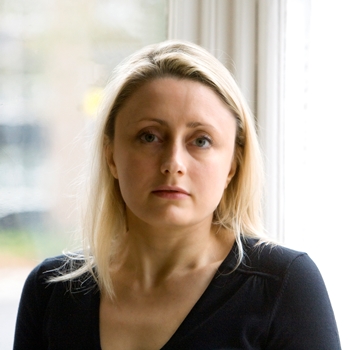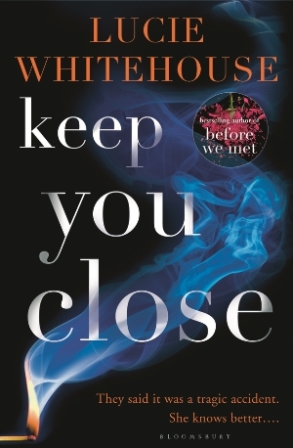While I was writing my first novel, I worked for the literary agency Darley Anderson, whose many bestselling clients include Lee Child, John Connolly and Tana French. I enjoyed the work so much that it took three years longer than it might have done otherwise to finish The House at Midnight. It was fascinating, like doing a publishing and writing MA rolled into one, and at one of the best universities in the world.

Many of the agencies authors were generous with their time and support of new writers, John Connolly and Lee Child exceptionally so. That generosity, I came to see, was part of their great charisma and also a mark of the passion both have for what they do. I kept my own writing under my hat then but I paid close attention whenever they talked or wrote about their craft.
A snippet lodged in my mind from that time is something Lee once said about creating suspense. It’s perfectly Child-like in its power and simplicity: to keep your reader hooked, pose a big question at the beginning and withhold the answer until the end.
But – also Child-like – it has scale. I’ve written four novels now, and the more experienced I’ve become, the more fully I’ve understood how this straightforward technique can power a whole story.
In her excellent Plotting and Writing Suspense Fiction, Patricia Highsmith (who should know) uses the word suspense ‘in the way the book trade uses it, as meaning stories with a threat of violent physical action and danger, or the danger and action itself.’ But she also says, ‘Every story with a beginning, middle, and end has suspense.’ It’s incredibly simple but true: as humans we are curious, and the moment we feel that there’s a secret, something we don’t know, that curiosity is piqued.
Whatever the genre, the reader must be kept hanging – quite literally suspended – until the end. He must be kept waiting for something, a resolution to a problem or situation established at the beginning of the story. Otherwise, there is no story, just a collection of related sentences. This is true across the spectrum, from commercial bestsellers to high literary fiction.

Psychological suspense of the kind that I write has boomed in the last handful of years. From Gone Girl to The Girl on the Train via Before I Go To Sleep, I Let You Go and several others, the bestseller lists have been dominated by dark books filled with ‘a threat of violent physical action and danger’. As a result, the bar for suspense writing has been raised very high, and a writer who wants to make an impression in the genre has to work hard to plot a novel that feels fresh and exciting.
A major central question is key to a strong plot. Gone Girl, for example, hooks us early with Amy Dunne’s mysterious and apparently violent disappearance: what has happened? Is she hurt? Dead? And if so, who killed her – and why?’
But there are other questions, too, and many of them. ‘I suppose these questions stormcloud over every marriage,’ Nick, her husband, expressly ruminates at the very beginning. ‘What are you thinking? How are you feeling? Who are you? What have we done to each other? What will we do?’
All these questions are tied into Gillian Flynn’s major dramatic question – what has happened to Amy Dunne? – but each offers its own quantity of intrigue and interest as well. They power the subplots and the back-story, giving little bursts of satisfaction as they move us closer to the answer of the central conundrum.
I have come to think of today’s twisting, turning suspense novels as acts of literary strip tease – burlesque. The writer is the burlesque artist, her job to keep the reader on the edge of her seat, hinting, provoking – What’s under here? And here? – answering one question only to ask another, all the way to the big reveal.
Lucie Whitehouse was born in Gloucestershire in 1975, read Classics at Oxford University and now lives in Brooklyn, New York. She is the author of The House at Midnight, the TV Book Club pick The Bed I Made and Before We Met, which was a Richard & Judy Summer Book Club pick and an ITV3 Crime Thriller selection. Lucie’s new novel, Keep You Close, is out now.
To buy Keep You Close and find out more about titles from Lucie Whitehouse, visit Bloomsbury.com
Comments